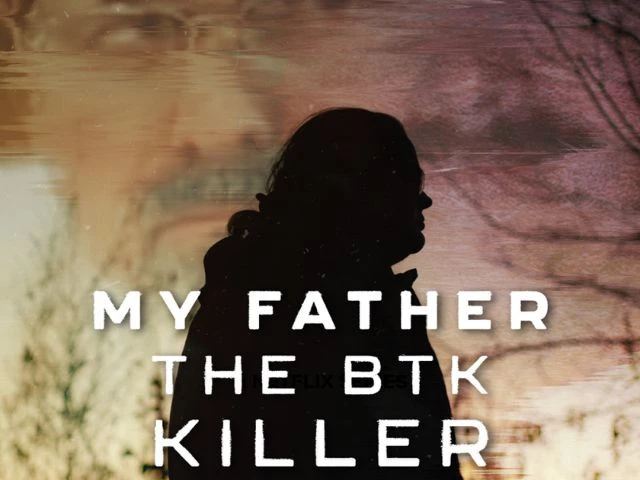Daughter of the ‘BTK Killer’ breaks silence in shocking Netflix documentary
Netflix releases ‘My Father, the BTK Killer’, telling the story of Kerri Rawson’s reckoning with her father

Netflix released My Father, the BTK Killer on 10 October 2025, a true crime documentary that unpacks the emotional and psychological fallout of the BTK murders through the eyes of Kerri Rawson, daughter of serial killer Dennis Rader.
Dennis Rader, infamously known as BTK (Bind, Torture, Kill), murdered at least ten people between 1974 and 1991 in Wichita, Kansas. For decades he managed a dual life as a community figure and family man, concealing his monstrous acts even from those closest to him. My Father, the BTK Killer reframes the narrative by centering Rawson’s perspective, how she came to realise the truth, what she lost, and how she rebuilds identity in the shadow of her father’s crimes.
The documentary includes interviews with Rawson, law enforcement officials, archival material, sketches, crime scene photos and interrogation footage. It examines how Rader’s ability to compartmentalise was bolstered by receiving minimal suspicion from those around him, and how Rawson’s family and community were blindsided by the revelations.
Netflix’s own platform promotional material confirms the premiere date and highlights the focus on Rawson’s emotional and therapeutic journey. According to Tom’s Guide’s coverage of Netflix’s new releases the week of 6–12 October, My Father, the BTK Killer was among the major additions, described as a “chilling” true crime story streaming starting 10 October.
Early reactions emphasize that the documentary is not merely a retelling of horrifying crimes but a deep, personal examination of generational trauma. Rawson’s words, “It’s hard to know who I am if every moment in my life was a lie,” recur in promotional materials and interviews, underlining how identity and memory are challenged when one’s parent is revealed to be a murderer.
Moreover, the documentary explores whether there are undiscovered victims linked to Rader’s methods. Rawson collaborates with investigators, pushing beyond what is already public in efforts to discover hidden truths.
My Father, the BTK Killer joins Netflix’s expanding true crime slate in 2025, but it stands apart for its emotional intimacy and focus on a daughter’s perspective. With its October release, it is likely to spark new debate over how true crime is told, whose voices are heard, and how the families of perpetrators survive narratives built around horror.




-(1)1718534695-0/house-of-dragon-(1)-(1)1718534695-0-208x130.webp)














COMMENTS
Comments are moderated and generally will be posted if they are on-topic and not abusive.
For more information, please see our Comments FAQ